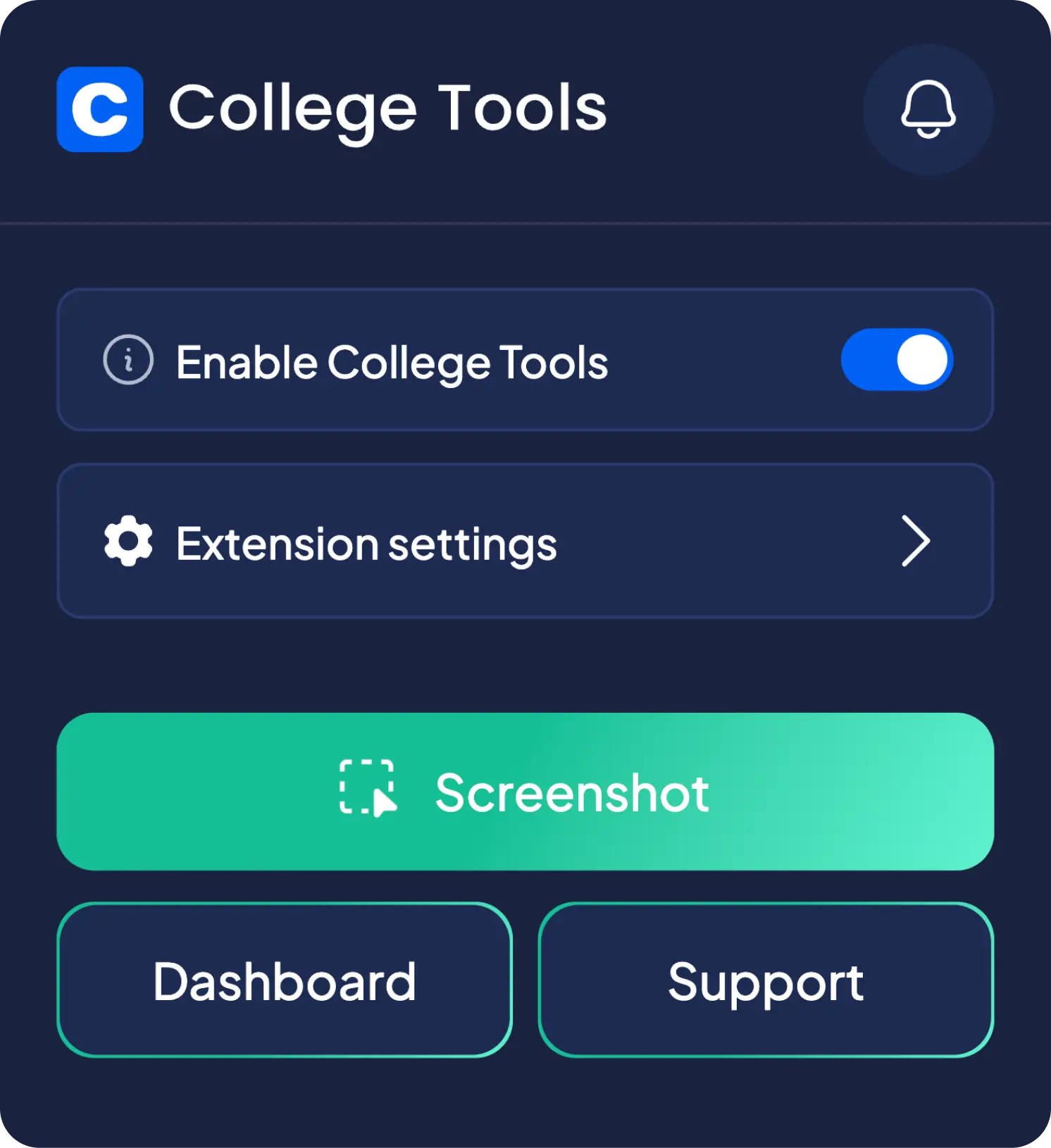Table of Contents
- Legal Presentation Tools: A New Era of Advocacy
- Crafting Your Narrative with Advanced Software
- Virtual Reality (VR): Immersive Jury Experiences
- Online Collaboration Platforms
- Mastering the Art of Legal Presentation
- Be Concise and Direct
- Storytelling is Key
- Practice, Practice, Practice
- Stay Up-to-date with Emerging Technologies
- Embracing AI in Legal Presentations
- The Role of AI as a Legal Assistant
- Leverage Technology Responsibly
- The Intersection of Ethics and Tech
- Data Privacy and Security
- In Conclusion
Legal Presentation Tools: A New Era of Advocacy
One might wonder, how does technology blend with the timeless art of legal presentation? From visualization software that makes evidence more understandable to platforms that streamline case management, there is a myriad of tools designed to support lawyers in their quest for justice. Here, we explore several innovative solutions that are changing the game.
Crafting Your Narrative with Advanced Software
It's no secret that well-crafted presentations can be critical in swaying a jury or judge. With tools like PowerPoint and Prezi, attorneys can create dynamic, evidence-backed narratives that are both compelling and clear. However, one must not merely rely on slides; integrating multimedia, including video depositions and interactive diagrams, can significantly bolster a case.
Virtual Reality (VR): Immersive Jury Experiences
Imagine jurors not just hearing about a crime scene but experiencing it. VR technology allows for immersive re-creations, which can be pivotal in both criminal and civil cases. While still nascent in legal practice, VR presents an opportunity for lawyers to give juries a firsthand view of the evidence, potentially transforming deliberations.
Online Collaboration Platforms
In an age defined by digital collaboration, legal teams must be able to work together seamlessly, irrespective of physical distance. Platforms such as Microsoft Teams and Slack facilitate real-time communication and document sharing, ensuring that no matter where they are, attorneys can prepare and perfect their courtroom presentations.
Mastering the Art of Legal Presentation
It's crucial to recognize that technology is merely a tool; the real power lies in the hands of the attorney wielding it. Here are some essential presentation hacks borrowed from the most successful legal advocates.
Be Concise and Direct
The American Bar Association emphasizes the importance of brevity in legal communication. Get to the point quickly, and don't muddle your message with unnecessary information. Jurors appreciate clarity, and judges demand it.
Storytelling is Key
No one wants to sift through dry facts and figures; people crave stories. The best attorneys weave the evidence into a captivating narrative that resonates with their audience. As demonstrated by numerous TED Talks, storytelling has the power to persuade, inform, and inspire.
Practice, Practice, Practice
The old adage holds true—adequate preparation prevents poor performance. Mock trials, peer reviews, and rehearsal presentations can help refine arguments and delivery, ensuring that the final courtroom presentation is polished and potent.
Stay Up-to-date with Emerging Technologies
In an industry as dynamic as law, staying informed about the latest presentation tools can offer a competitive edge. For example, artificial intelligence (AI) applications can automate aspects of legal research, allowing lawyers to focus on crafting their courtroom narratives.
Embracing AI in Legal Presentations
AI's potential in legal presentations is expansive. Imagine a tool that aids in deciphering complex legal questions, or algorithms that can predict jury responses based on historical data. The landscape is evolving, and law professionals curious about incorporating AI in their practice can explore platforms like College Tools for a glimpse into the future of legal tech.
The Role of AI as a Legal Assistant
AI can serve as an indispensable assistant for lawyers. Whether it's managing case files, automating menial tasks, or even providing succinct summaries of relevant case law, AI technology is becoming a staple in forward-thinking legal firms.
Leverage Technology Responsibly
While incorporating technology into legal presentations can be transformative, practitioners must do so responsibly, abiding by ethical standards and privacy laws. Ensuring that client data is secured and that technology is utilized for truthful representation is paramount.
The Intersection of Ethics and Tech
M.I.T. Technology Review offers regular insights into the ethical considerations surrounding new tech. Lawyers must monitor these discussions closely, as their duties extend beyond efficacy to encompass respect for legal ethics and client confidentiality.
Data Privacy and Security
Legal professionals must be vigilant in protecting client information. When utilizing presentation tools or AI applications, ensuring that data is encrypted and platforms are compliant with industry standards is non-negotiable.
In Conclusion
The legal field is standing on the cusp of a digital revolution, one that promises to magnify the impact and efficiency of legal advocacy. Tools that enhance clarity, storytelling, and collaboration can carve the path for the next generation of legal experts. And as AI continues to advance, resources like College Tools Software can serve as a springboard for lawyers eager to embrace new technologies.








